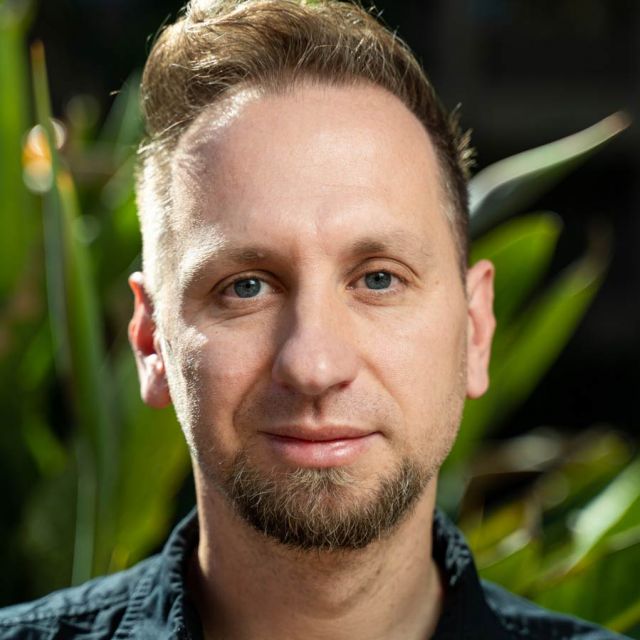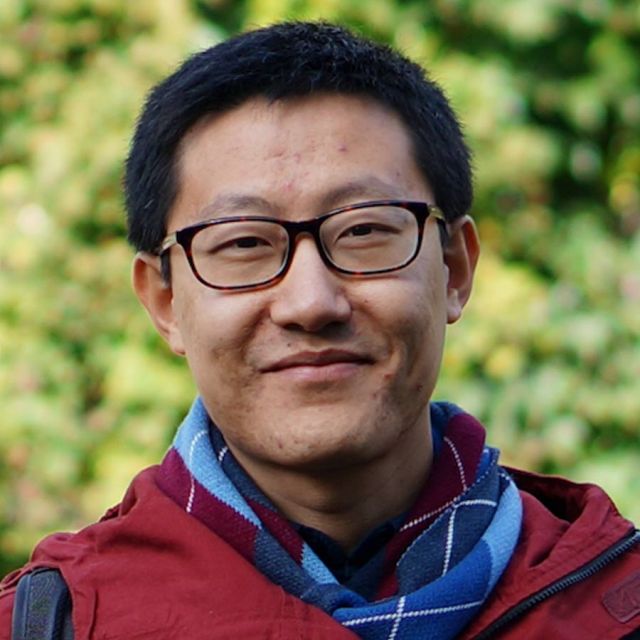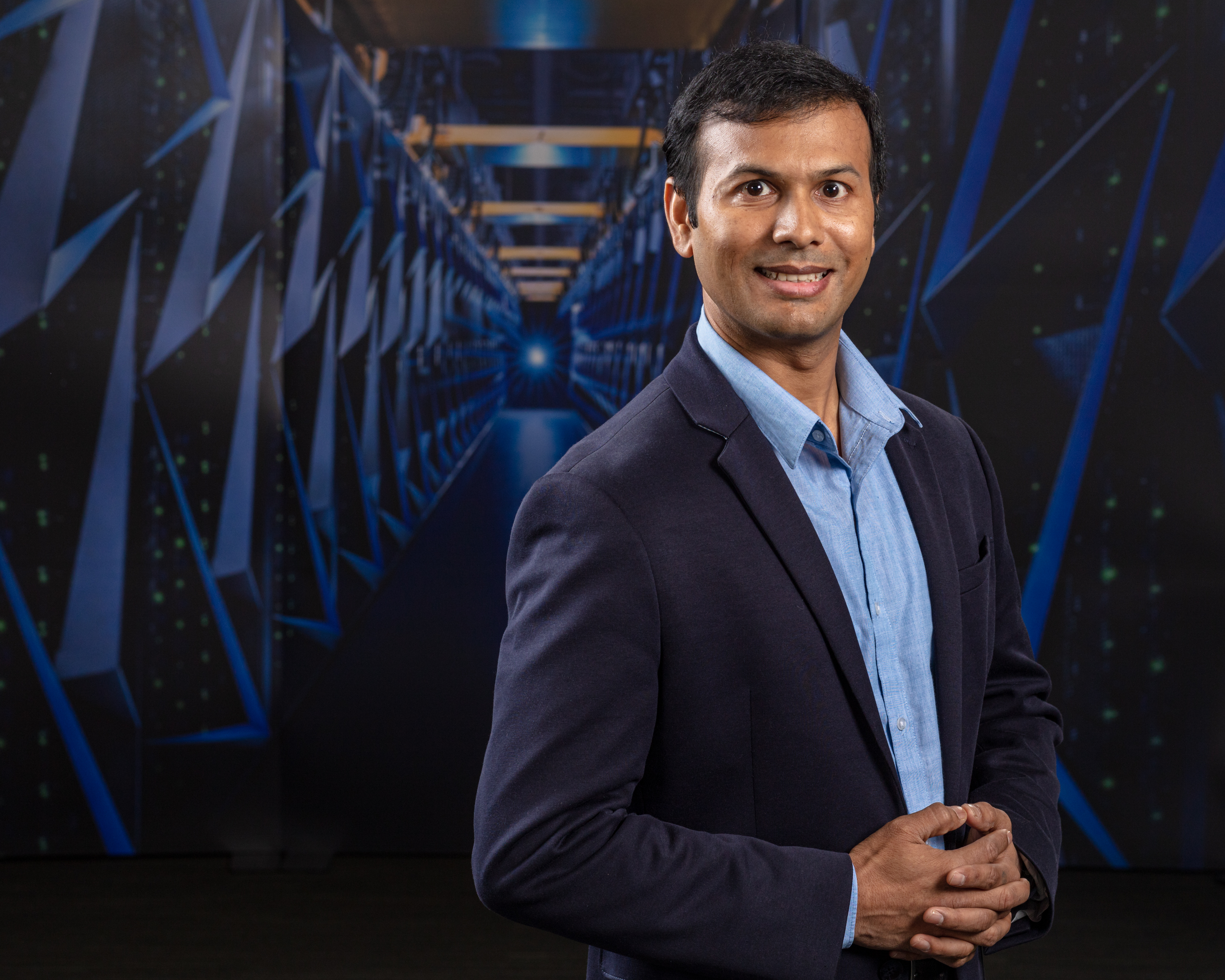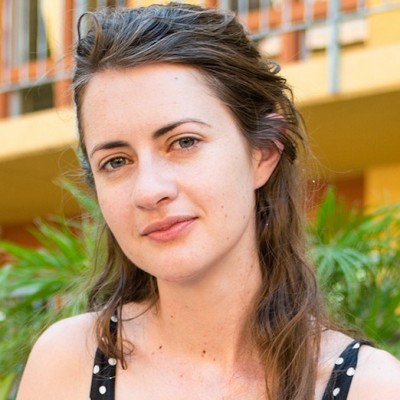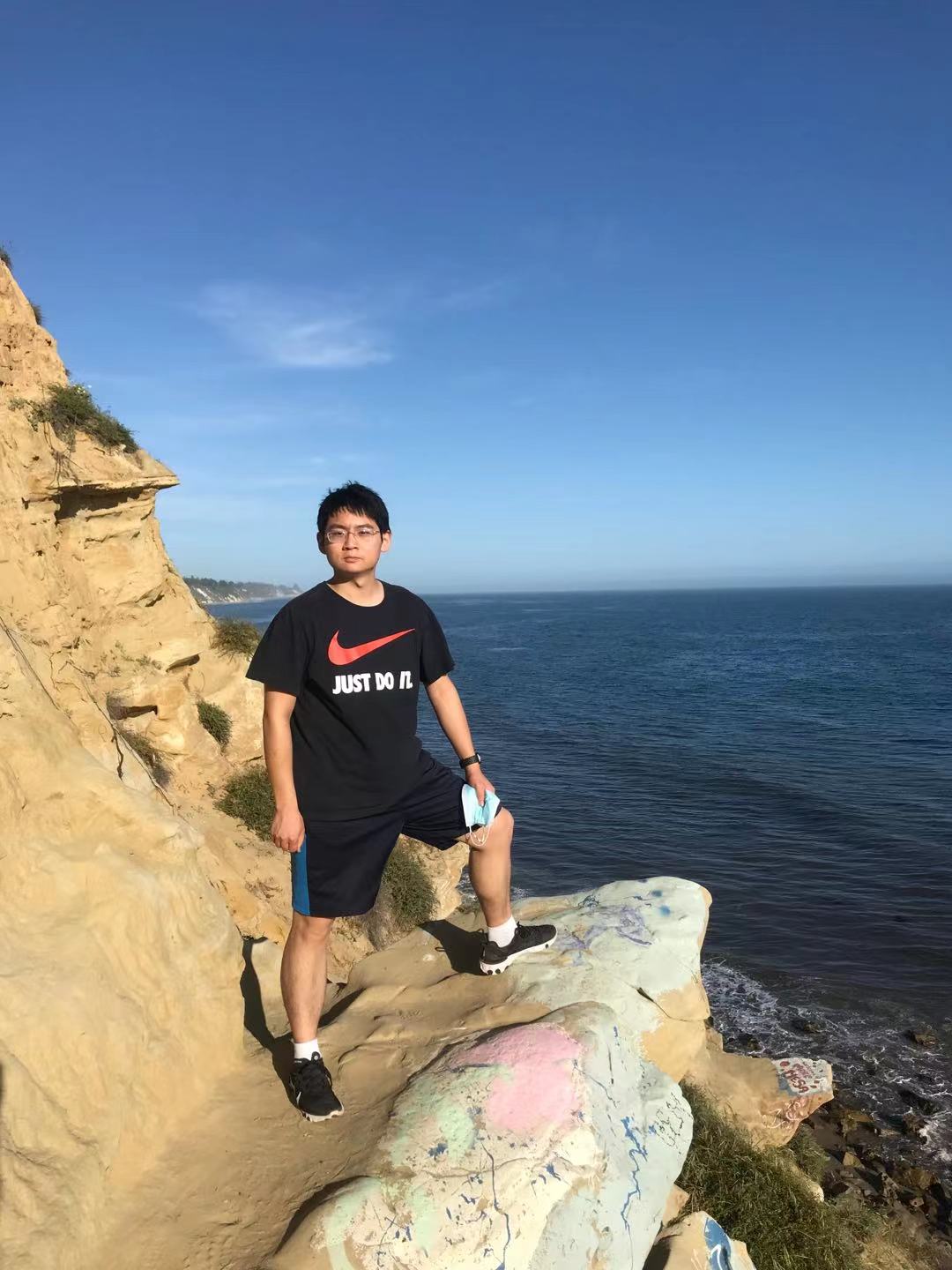Keynote Talk
Craig A. Knoblock,
University of Southern California, USA

Building Spatio-temporal Knowledge Graphs from Historical Maps
Abstract: Historical maps provide a rich source of information for researchers in many areas, including the social and natural sciences. These maps contain detailed documentation of a wide variety of natural and human-made features and their changes over time, such as changes in transportation networks or the decline of wetlands or forest areas. Analyzing changes over time in such maps can be labor-intensive for a scientist, even after the geographic features have been digitized and converted to a vector format. Knowledge Graphs (KGs) can be used to store and link such data and support semantic and temporal querying to facilitate change analysis. KGs combine expressivity, interoperability, and standardization in the Semantic Web stack, thus providing a strong foundation for querying and analysis. In this talk I will present our approach to taking historical maps of a region and turning them into a contextualized spatio-temporal knowledge graph. This process starts with a set of scanned maps covering the same region over multiple years, extracts the relevant features from the maps to construct a vector representation, and then converts the vector representation across multiple maps into a knowledge graph. The resulting graphs can be easily queried and visualized to understand the changes in different regions over time. We evaluated our techniques on railroad networks and wetland areas extracted from the United States Geological Survey (USGS) historical topographic maps for several regions over multiple map sheets and editions.
Bio: Craig Knoblock is the Keston Executive Director of the Information Sciences Institute, Research Professor of both Computer Science and Spatial Sciences, and Vice Dean of Engineering at the University of Southern California. He received his Ph.D. from Carnegie Mellon University in computer science. His research focuses on techniques for describing, acquiring, and exploiting the semantics of data. He has worked extensively on source modeling, schema and ontology alignment, entity and record linkage, data cleaning and normalization, extracting data from the web, and combining these techniques to build knowledge graphs. He has published more than 400 journal articles, book chapters, and conference and workshop papers on these topics and has received 7 best paper awards on this work. He also co-authored a recent book titled Knowledge Graphs Fundamentals, Techniques, and Applications, which was published in 2021 by MIT Press. Dr. Knoblock is a Fellow of the Association for the Advancement of Artificial Intelligence (AAAI), the Association of Computing Machinery (ACM), and the Institute of Electrical and Electronic Engineers (IEEE). He is also past President of the International Joint Conference on Artificial Intelligence (IJCAI) and winner of the Robert S. Engelmore Award.
